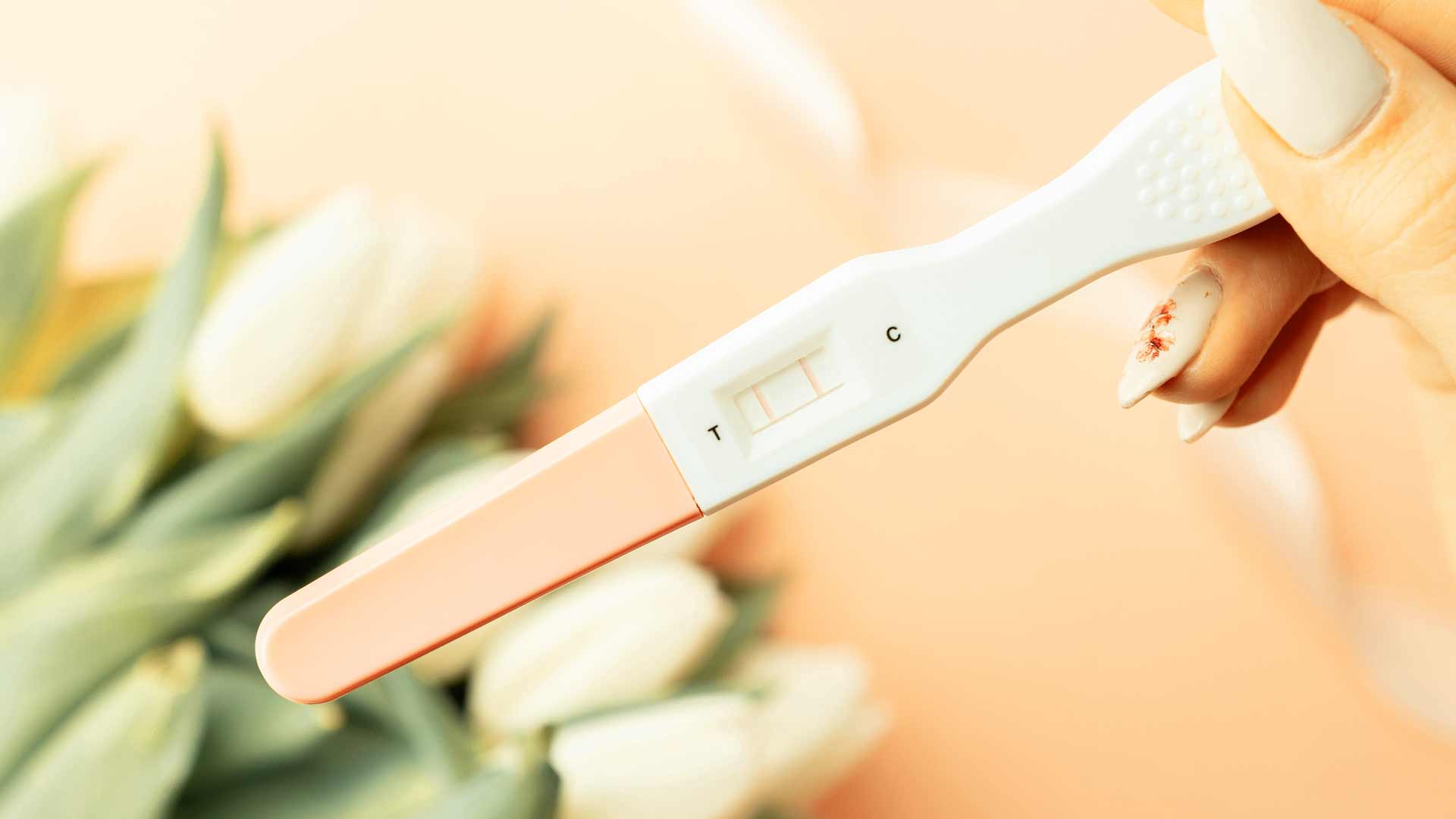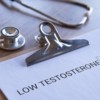When you’re super focused on conceiving, each day trying can feel like an eternity. It helps to know, however, that the time it takes to get pregnant varies from one couple to another and depends on various factors. While a very small minority conceive in a matter of days, for others, it can take months. In this blog, we’ll outline the timeline to expect, as well as when to seek help.
How long before we conceive?
On average, healthy couples who have unprotected sex two to three times per week have a 25 to 30 percent chance of conceiving during each menstrual cycle. 85 percent of couples trying to conceive will achieve pregnancy over the course of one year.
There are many factors that can affect your chances of conceiving, including your and your partner’s age, overall health and reproductive health, how often you’re having sex and, very importantly, when.
How to get pregnant faster
There’s no magic formula – but there are some things you can do to potentially speed things up.
- Identifying when your partner is ovulating and having sex during that fertile window. There are ovulating kits available that can help you determine when this is happening.
- Eat a healthy balanced diet
- Work on your weight if you’re overweight or underweight.
- Check that you’re not on any medication that can impact your sperm health
- Follow a conception-friendly exercise routine
- Check in with your partner and de-stress – tension and anxiety can affect fertility. Plan something fun together or individually.
- Leave room for some spontaneity. When trying to conceive, sex can easily become a scheduled chore. It’s a fact that more sex during your partner’s fertile window increases your chances of getting pregnant, but do leave some space for surprise there!
Stopping birth control to conceive
Research suggests that it takes an average of one to three menstrual cycles between stopping contraceptives and conceiving. That said, don’t stop your birth control before you’re ready to get pregnant – your body can clear out birth control hormones quickly and it’s completely safe to conceive immediately (i.e. there is no higher risk of miscarraige).
Injectable birth control however may make it harder for you to get pregnant immediately as it may take 10 months or more before you ovulate again after stopping the shots. That said, this method of birth control is not usually offered to women who’d like to get pregnant within a year.
How long should we try to conceive before seeking help?
According to the American Society of Reproductive Medicine (ASRM), you should seek medical help if you’ve been having unprotected sex for one year or more and failed to conceive. Women over the age of 35 should seek medical help after six months of trying to conceive. With that said, you don’t have to wait this long before booking a consultation with your doctor, especially if you or your partner have other health conditions that may affect your fertility (such as polycystic ovary syndrome (PCOS) or endometriosis).
At YO, we’ve developed a simple test so that you don’t have to wait 6-12 months before seeking consultation. We recommend you check your swimmers and learn more about your fertility levels right away.
Yo Sperm Tests enable you to track your sperm motility and quality, all in the comfort of your own home. Find out more HERE.







